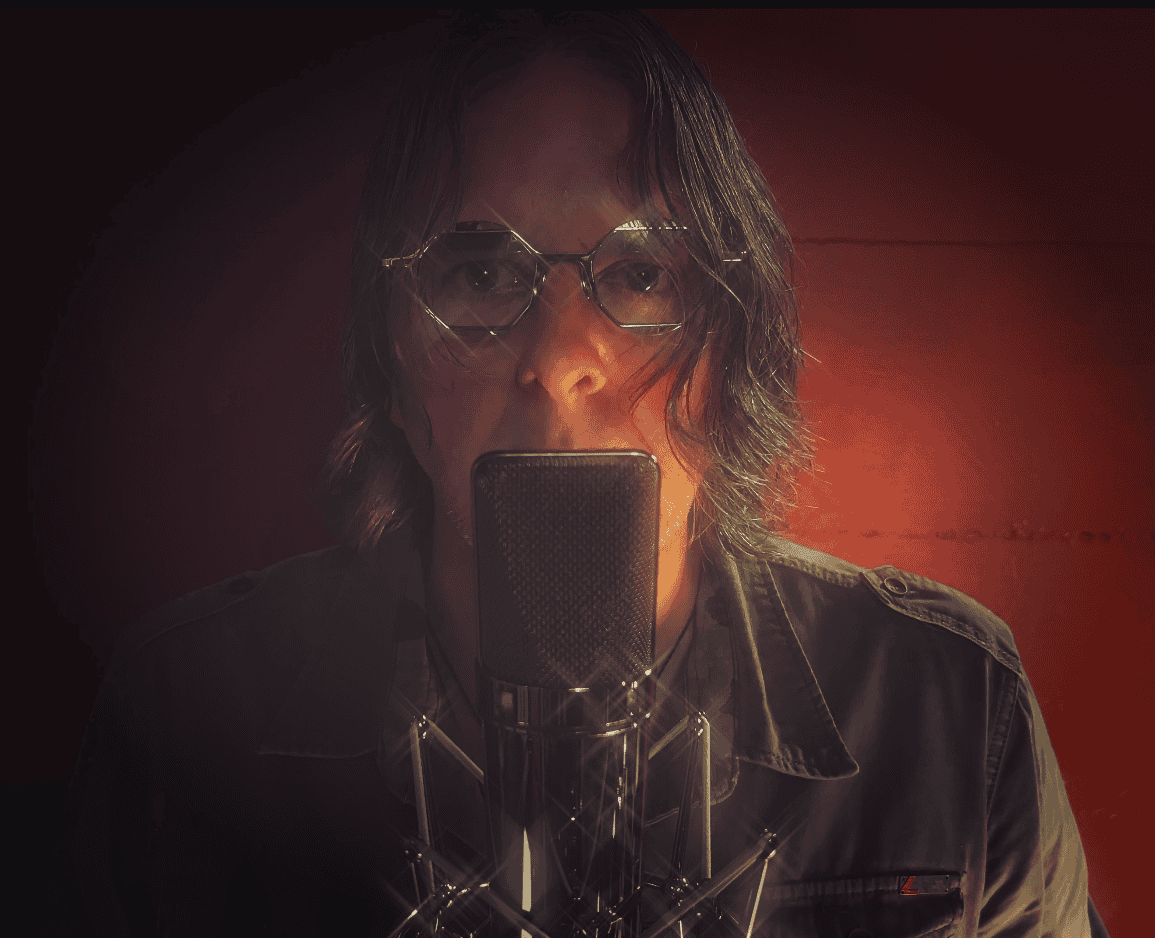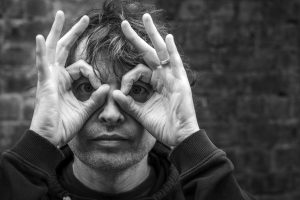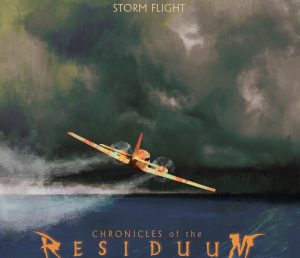In this exclusive interview, Skytinual opens up about the inspirations behind his re-entry into the music world, how his artistic vision has matured over time, and what it’s like to create music in an industry that has transformed dramatically since he first started. From a Zen-influenced road trip through America’s divided landscape to a rekindled drive to “speak truth to power,” he shares the journey and realizations that have shaped his new music and creative outlook. This is more than a comeback—it’s a reawakening.
1. After a two-decade hiatus, what inspired you to re-enter the music industry and release new material?
While I never stopped being an artist and contributed to various projects over the years, some combination of new songs bubbling up, the realization that the music industry had evolved, this insanely challenging moment in history we’re all living through, and having a helluva lot to say about it ignited the urge to release music again.
2. Can you tell us about how your artistic vision evolved during the time away from the industry?
I’m glad you asked this because I’ve lost all concern about sounding like anyone else. That’s one big difference. Beyond that – and more importantly – I’m now seeking to speak more truth to power, though not too on-the-nose. My recent single “Still Love You (At the End of Time)” is both a love song and a cutting picture of a divided America. My latest release “Changing Light” may be a Zen koan-inspired meditation on mortality, but the line “you’re a complicated sight” in no small part refers to America – the focus of my video for the track. It documents a road trip earlier this year coming back from a show just west of progressive affluent Boston all the way through the conservative depressed heart of Pennsylvania and West Virginia into Ohio. Tragically, while America fights its own interstate culture war, the clock continues to tick and the planet continues to fray. I may be the youngest part of old – hopefully with lots of time left – but there’s no time to waste. Urgency now informs my artistic vision in a way it simply couldn’t before.
3. Looking back, was there a specific moment when you felt you were ready to make music again?
Yes definitely. When I sat to reflect on my journal around the holidays a few years back and saw the same list of artistic aspirations I’d expressed to myself so many times in the past once again staring back at me, I knew I had to get off my ass and ship my work. Now I’ve done that and will never look back. I’ll be releasing new music for the rest of my life.
4. How has your approach to creating music changed since your early days as a drummer?
Rewind to my early days in Brooklyn and I sat at a large wooden table with a coffee pot, a pack of smokes, a guitar around my neck and a piano a few steps away, recording into a Sony mini-disk or TASCAM 38 ½” reel to reel. While you can still create that way, today’s music production means evolving a sonic vision right from the start. Both approaches are beautiful, though radically different.
5. What challenges, if any, did you face while making this return to the industry after such a long break?
Back then, to visit the offices of the gatekeepers – Electra, Maverick, Polygram, whoever – was like getting to visit Oz. Hallowed ground, rarefied air. But the gatekeeper era sucked in many respects, and while there are still huge challenges for artists today, the world has flattened, and more artists can distribute more music more easily than ever before. For me, the main challenge was simply getting up to speed on the music business landscape today. While the supply of music is greater than ever before, the tools for differentiating yourself are also more powerful than ever.
6. How did you land on the name “Skytinual” as your new artistic identity, and what does it represent to you?
The sky is ever present and ageless, yet ceaselessly changing. I relate to that seeming paradox, and Skytinual embodies that feeling to me.







